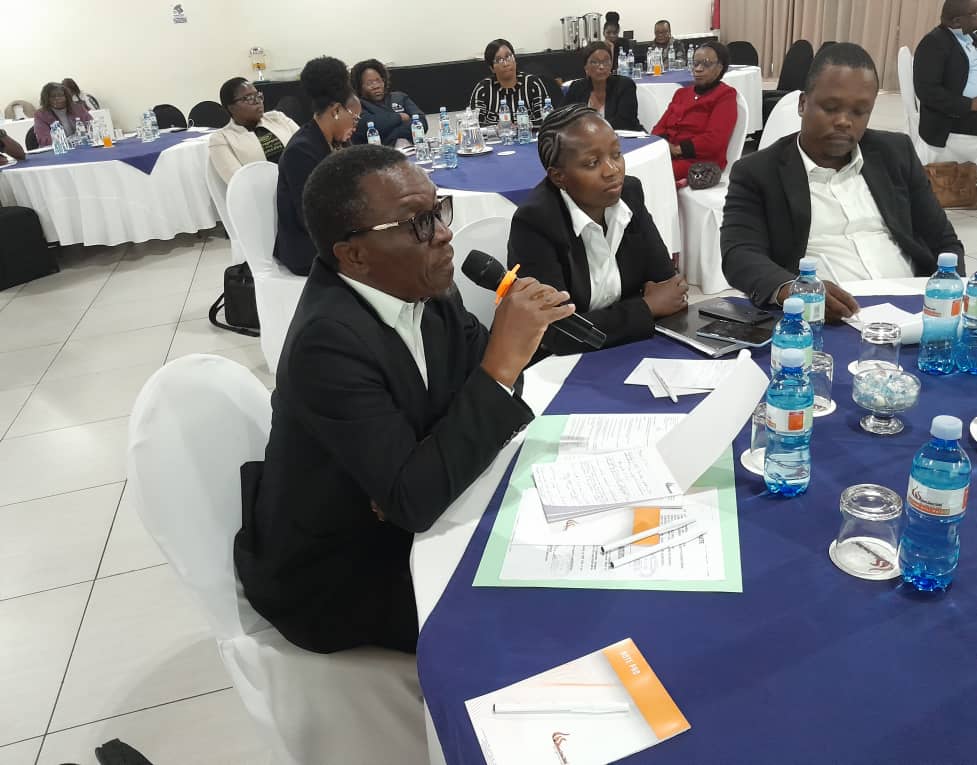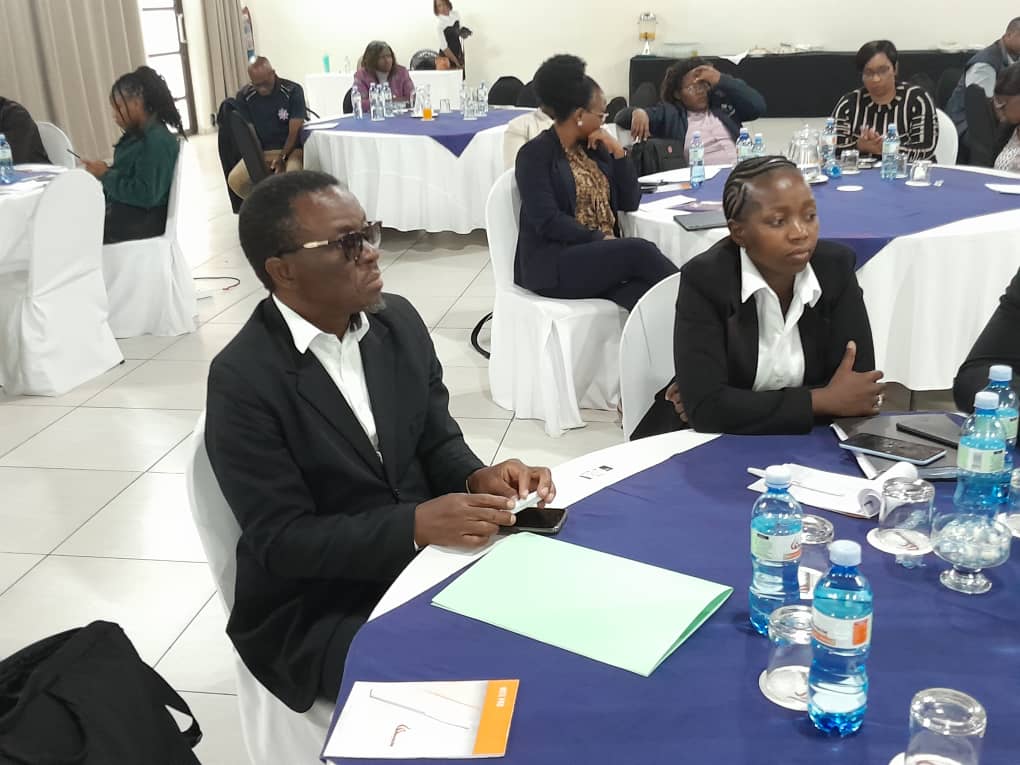
THE judiciary has responded to a statement by Deputy Director of Public Prosecutions (DPP) Sibusiso Israel Magagula who called for the judiciary to be overhauled and further claimed courts are run as a one-man show.
The judiciary in a statement yesterday said such allegations are scandalous and reckless. It also refuted allegations that the justice system was being manipulated with impunity to protect corrupt individuals. The judiciary said the selective blame game could not go on without a challenge because it is driving a false narrative and politically motivated agenda.
Eswatini Observer WhatsApp Channel
The Judiciary is under the Judicial Service Commission (JSC) headed by Chief Justice Bheki Maphalala.
Speaking during a stakeholder validation for the National Anti-Corruption Policy held at the Sibane Sami Hotel on Wednesday, Magagula claimed, “the judiciary is being run as a one- man show,” he said, further raising a concern that the justice system was being manipulated with impunity to protect corrupt individuals.
Though he refrained from mentioning names, he insisted that it was clear what he meant and who he was talking about. He said the main problem was the fact that corruption had been embraced as a way of life in the country, defeating all efforts made to fight against corruption. “The main problem is that the justice system is being manipulated with impunity, leaving the Anti-Corruption Commission (ACC) handicapped and unable to make arrests and effectively execute its mandate,” he said.
Magagula said the public was engulfed in fear because there were people manipulating the system.
Through the press statement, the judiciary said the blame and root-cause for the perceived escalation and failure of the state to curb corruption seemed to be placed on the doors of the courts.

“This selective blame game cannot go on without a challenge because it is driving a false narrative and politically motivated agenda. It is not the function and mandate of the courts to investigate and gather evidence of the commission of offences in the country. This is the function of investigative agencies such as the police and the Anti-Corruption Commission investigating team to investigate cases and submit evidence of commission of offences to the director of public prosecutions for possible prosecution,” the judiciary said.
The Judiciary added that in the country, courts operated effectively and efficiently in accordance with the Constitution and the law. The Judiciary clarified that the function of the courts was to uphold the Constitution and the law. It was also clarified that the courts were not rubberstamps, but their mandate in terms of the Constitution was to determine in every case brought before them whether evidence exists for the commission of the offence, added the Judiciary.
It stated that the Constitution, the Criminal Procedure and Evidence Act as well as the Prevention of Corruption Act all required of the courts to determine the existence of prima facie evidence in the case of corruption cases and the existence of evidence beyond reasonable doubt in common law cases. “The core mandate of the courts as provided in the Constitution is to determine the existence of evidence in the commission of the offence.
Where evidence is not sufficient and shaky the courts cannot hold the suspect accountable for the offence,” added the judiciary.
Further, the Constitution provides for the protection and promotion of fundamental human rights which advance the right to personal liberty, the protection from inhuman or degrading treatment, the right to equality before the law as well as the protection of the right to a fair hearing. The Judiciary continued to state that the Constitution is the supreme law of the country and every person is obliged to respect it. “It is not true that the courts are run by a one-man show as alleged or at all. All judgments of the various courts are in writing with detailed reasons for the judgments,” clarified the Judiciary.
It was also stated that any person, institution or organisation which was aggrieved by the judgments of the courts were at liberty to appeal and review the judgment until they reach the Supreme Court, which is the final court in the country.
Adding, the Judiciary stated that the judicial officers presiding over these cases took the oath to administer justice in every case brought before them.
“It will be a very sad day in this country when the courts will hold any person culpable and guilty in the absence of sufficient evidence and without due process.
“It is not the duty of the courts to advance and promote government policies, but to uphold the Constitution and the law. The courts accept constructive criticisms but not politicisation of cases,” the statement reads.
Eswatini Observer Press Reader | View Here









